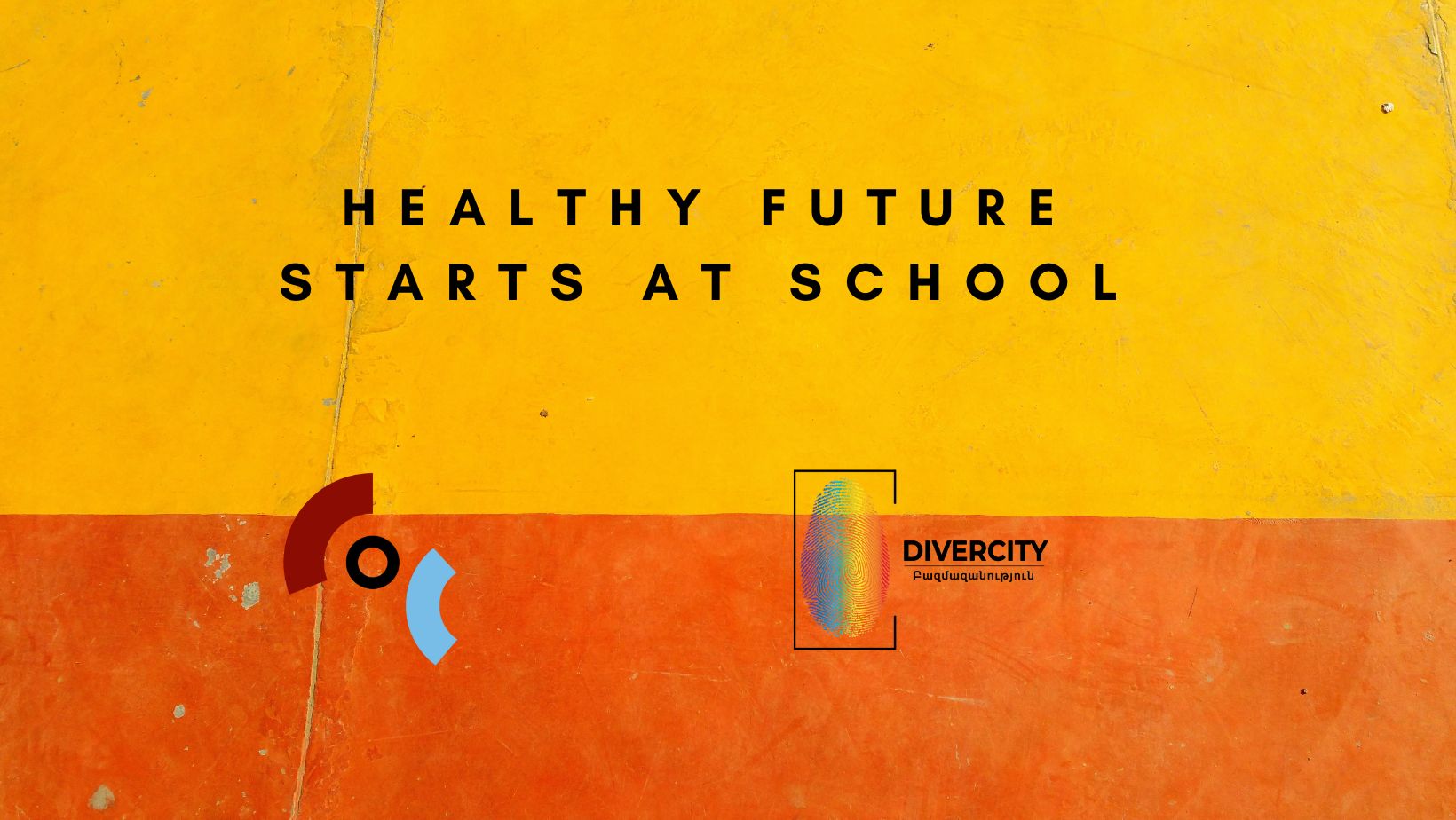Despite the changes and occasional discussion about the importance and necessity of teaching sex education in schools, the topic remains taboo and widely criticised in Armenia.
Sex education is not taught in Armenian schools as a separate subject, and not all schools in Armenia have a comprehensive sex education course as part of their curricula, although there is no law in the country permitting teaching sex education. Limited information about sexuality is included in the school curriculum in subjects like Biology, Physical Education and Preliminary Military Preparedness or part of the Healthy Lifestyle course introduced in 2008.
Although sexual education is taught in these subjects, it is not enough to cover all aspects of sexual and reproductive health and rights (SRHR) issues. Additionally, it is often taught by teachers who lack relevant knowledge and experience. The Ministry of Education does not include sexual education in the school curriculum for various reasons. In the Armenian context, one reason is the avoidance of the word “sex”, particularly in the school context and for adolescents.
The possibilities of adding sex education to school subjects started being discussed a bit more actively following the 2018 Velvet Revolution, when the government seemed keener to advocate for better conditions for human rights and comprehensive changes in the education system. Yet, the second Artsakh (Nagorno-Karabakh) War of 2020 and the following processes in the front slowed down and later killed the dynamics, shifting the incumbent government’s focus to other political issues.
Due to the lack of knowledge, many in Armenia still believe that sex education means teaching school-aged kids about how to have sex. This is one of the reasons why any discourse about sex ed triggers a backlash from society. At the same time, children often do not get the needed knowledge and education from their families, leaving the internet to fill in the void, risking to mislead children and adolescents and having negative effects. Sex remains a taboo topic in Armenia, with most people avoiding any discussion remotely touching the topic of sexual education, especially with the participation of minors. Yet, well-educated minors and people who know about their sexuality, sex, and related subjects would have a better chance to protect themselves from sexual abuse.
Currently, there are no accurate statistics on the number of teenage pregnancies, teenage school drop-outs due to pregnancy, child sexual abuse, and sexually transmitted diseases in Armenia. This is mainly due to social taboos surrounding these topics, which discourage reporting of such cases.
Armenia ratified the Council of Europe’s Convention on Protection of Children against Sexual Exploitation and Sexual Abuse in May 2020. The Convention requires the state to provide children with information on sexual abuse, sexual exploitation, and sexuality risks. Yet, in reality, Armenian schools and children lack the necessary knowledge about the topic. The education system needs reforms to meet the requirements of the times and international conventions. However, it is important to note that the content of the improved text must be as close as possible to the source text, and the addition of further aspects must be avoided at all costs.
#ԲազմազանությունՀԿ #DiverCityNGO #DCNGO #COC #COCNetherlands
![]()



